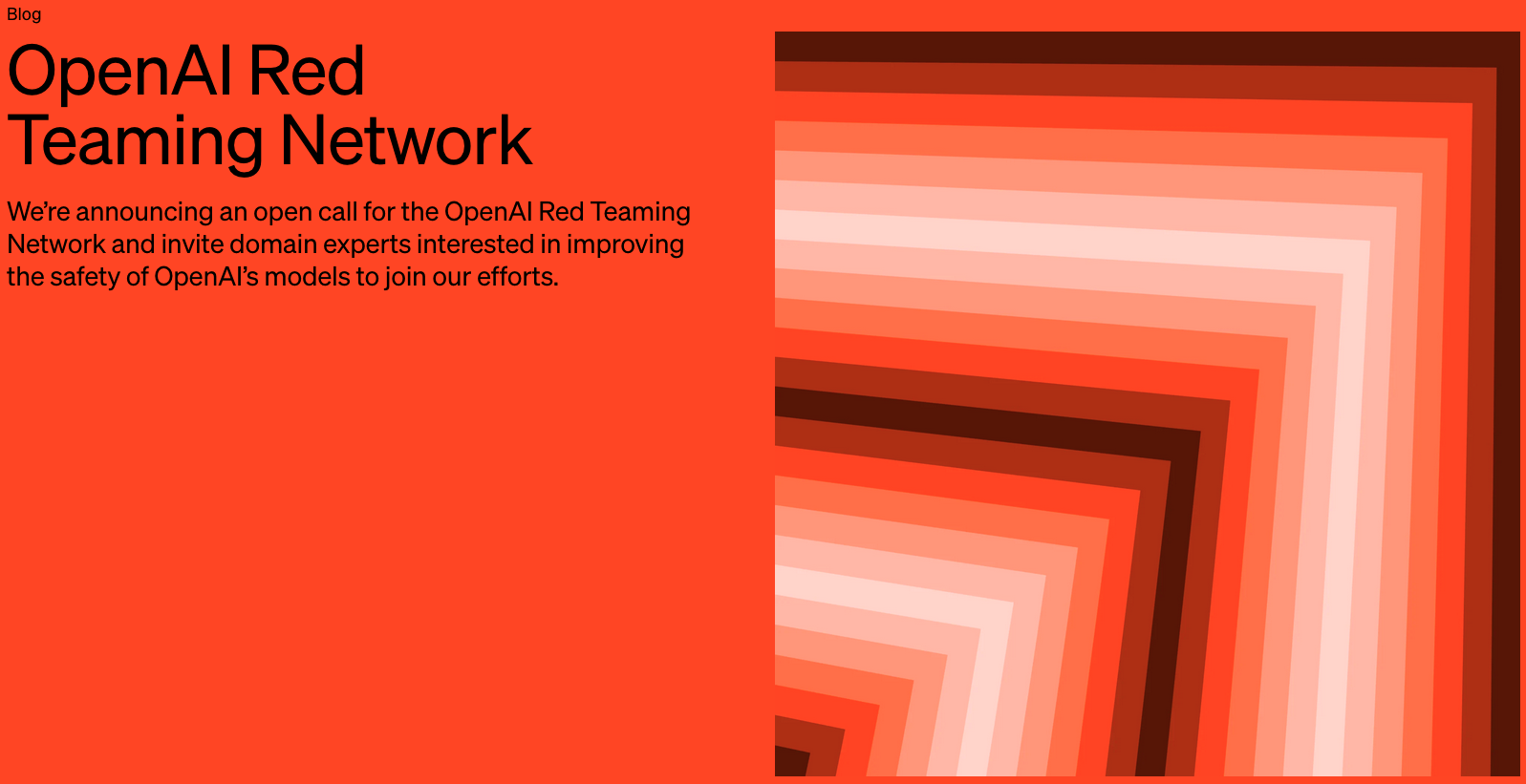Dane Sherburn
About me
-
Research Engineer (Contract), Preparedness Team, OpenAI
- My work focused on designing and implementing medium- and high-risk model autonomy evaluations for the Preparedness framework.
- Public examples include SWE-bench Verified, which measures a model's ability to solve real-world software issues, MLE-bench (ICLR '25 Oral), which measures an agent's ability to do machine learning engineering, and PaperBench (ICML '25), which evaluates an agent's ability to replicate state-of-the-art AI research. These have been featured in the Financial Times and the Lex Fridman podcast, among other outlets, as well as being featured in system cards from OpenAI, Anthropic and DeepMind.
- I've also contributed to the GPT-4o, o1 and o3-mini system cards.
-
Research Engineer (Contract), Policy Team, OpenAI
- My work focused on designing and implementing evaluations in the Policy Team.
- These include MakeMeSay, which measures a model's ability to manipulate humans without them knowing, Human-Relative MLAgentBench, which measures a model's ability to do AI R&D, one that wasn't open sourced, and others that I second-authored: MakeMePay, Bugged Tools and Twenty Questions.
- Our project, the Dangerous Capability Evaluations project, was mentioned by Sam Altman in a Senate hearing, and I was also a maintainer of the OpenAI evals repo while in the Policy team.
- Machine Learning Alignment Theory Scholar, Stanford Existential Risks Initiative
- MEng Maths and Computer Science, Imperial College London
Fun hacky projects
- BitBlaster-16 is a 16-bit computer built from scratch using only NAND gates and data flip-flops as primitives! :) It has its own assembly language, compiler and operating system. I wrote a few programs on it, including an autograd engine to do backpropagation in computational graphs.
- Fermi Poker is a fun way to get better at making predictions under uncertainty. Anecdotally I've found friends get much better at making well-calibrated predictions after just a few rounds!
- All Minus One: Modernized is my re-interpretation of All Minus One, a modernised adaptation of John Stuart Mill's 1859 essay On Liberty. This presents Mill's arguments on the importance of free speech and the danger of silencing minority opinions.
Links
- danesherbs[at]gmail[dot]com
- github.com/danesherbs
I tend to limit my time on social media and news sites, as I find they often skew negative. Wikipedia and Metaculus have become my go-to for staying informed about current events — I think they're both underrated. For those interested in this perspective, I recommend Rolf Dobelli's "Stop Reading the News".

